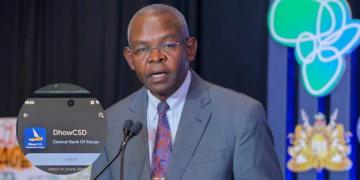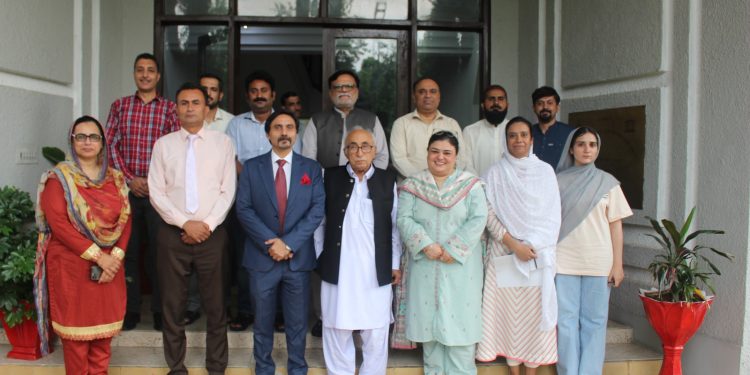The Pakistan National Commission for UNESCO (PNCU), in collaboration with the International Islamic University Islamabad (IIUI), organized an academic summit dubbed “Tackling Human Trafficking Through Education” on July 17, 2025, in Islamabad.
The event brought together a distinguished audience of postdoctoral fellows, university faculty, civil society actors, curriculum developers, and education policy experts to examine how education systems can respond to the growing threat of human trafficking, particularly in South Asia.
H.E. Mr. Aftab Muhammad Khan, Secretary General of the Pakistan National Commission for UNESCO was the Chief Guest
In his opening remarks, he hailed the initiative and emphasized the need for structural change, stating, “We must equip our teachers and institutions not just to educate but to protect. Human trafficking must be confronted not only in law enforcement but in our classrooms, curricula, and teacher training.”
Also Read: Kenyan Couple Arrested for Selling Own Kids in Online Sex Scheme
On his part, Dr. Afsar Rathor, a former United Nations executive provided a global overview of anti-trafficking education reforms, drawing lessons from Europe.
He stressed the growing risk of digital grooming, fake overseas job offers, and the need to embed trafficking awareness in civic and legal education at all levels.
Role of Education in tackling human trafficking
Notably, Dr. Muhammad Nasir Khan, Senior Faculty at IIUI delivered the keynote address. He presented an in-depth academic argument on how the education sector can contribute to preventing trafficking, particularly by promoting conceptual understanding among adolescents.
Dr. Khan highlighted the lack of human rights education, legal frameworks, and civic engagement in the national curriculum and advocated for more robust teacher preparation aligned with SDGs 4 and 16.
Drawing from international standards and Pakistan’s Teaching License Policy (2023), Dr. Kiran Hashmi, Postdoctoral Fellow at IIUI presented a UNESCO-aligned competency framework to integrate child protection, legal literacy, and ethical response training into pre-service and in-service teacher education.
Her eight-point strategy included the introduction of core protection modules in B.Ed. programs, licensing reforms, CPD rollouts, school-based referral systems, and the formation of peer-led student advocacy clubs.
Also Read: Why Africa Must Confront the Double Disadvantage of Girls with Disabilities in Education
Furthermore, her session concluded with a collective Teacher’s Pledge, declaring the teacher’s role as not only an educator but a frontline protector of children.
What next
Participants also discussed practical implementation strategies, institutional roles, and future academic engagement.
Several attendees raised critical questions about the role of regulatory bodies, the integration of protection content into mainstream pedagogy, and the importance of inter-agency collaboration.
The team acknowledged the leadership of Mr. Aftab Muhammad Khan and reaffirmed the importance of policy partnerships in ensuring that educational institutions become active contributors to the fight against human trafficking.
As a next step, the organizers announced plans to publish a joint policy brief, pilot the proposed teacher competency framework in selected institutions, and continue engagement with curriculum authorities. Future consultations are also planned to build institutional capacities aligned with UNESCO’s Global Citizenship Education framework and Pakistan’s SDG commitments.
Follow our WhatsApp Channel and X Account for real-time news updates.
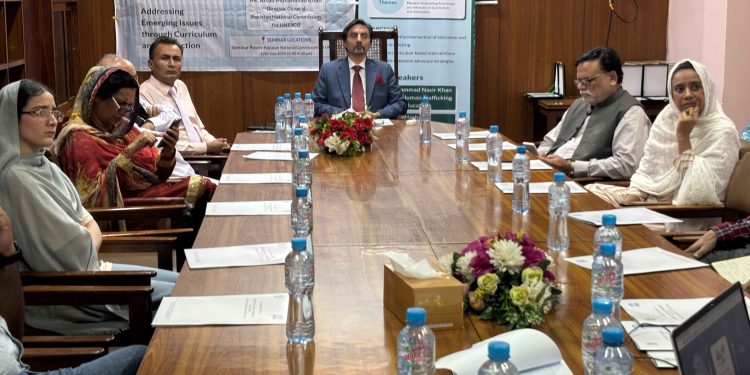

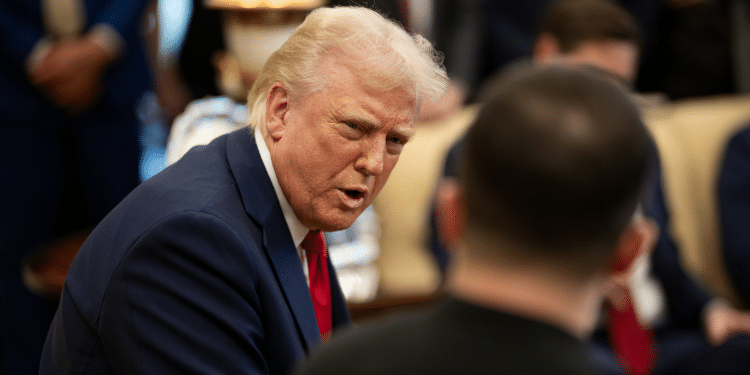

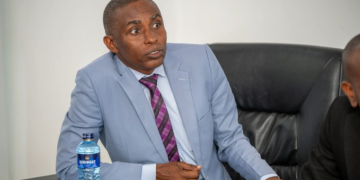

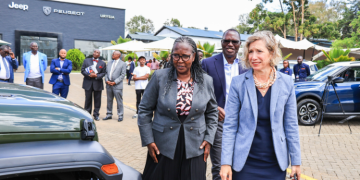

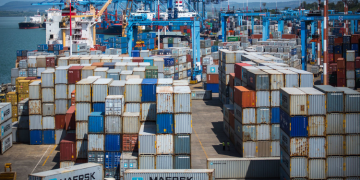
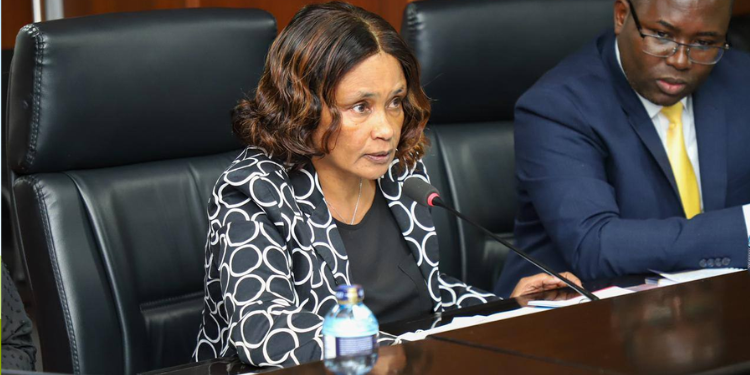









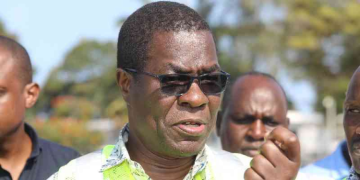

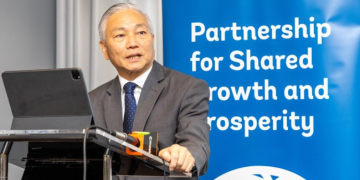
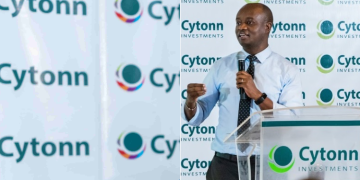
![Billions Each Top Kenyan Bank Has Made So Far In Profits This Year [List] Q3 2025 Results For Equity, Kcb, Co-Op, Absa And Other Banks]( https://thekenyatimescdn-ese7d3e7ghdnbfa9.z01.azurefd.net/prodimages/uploads/2025/11/C0-OP-KCB-Equity-Absa-360x180.png)
